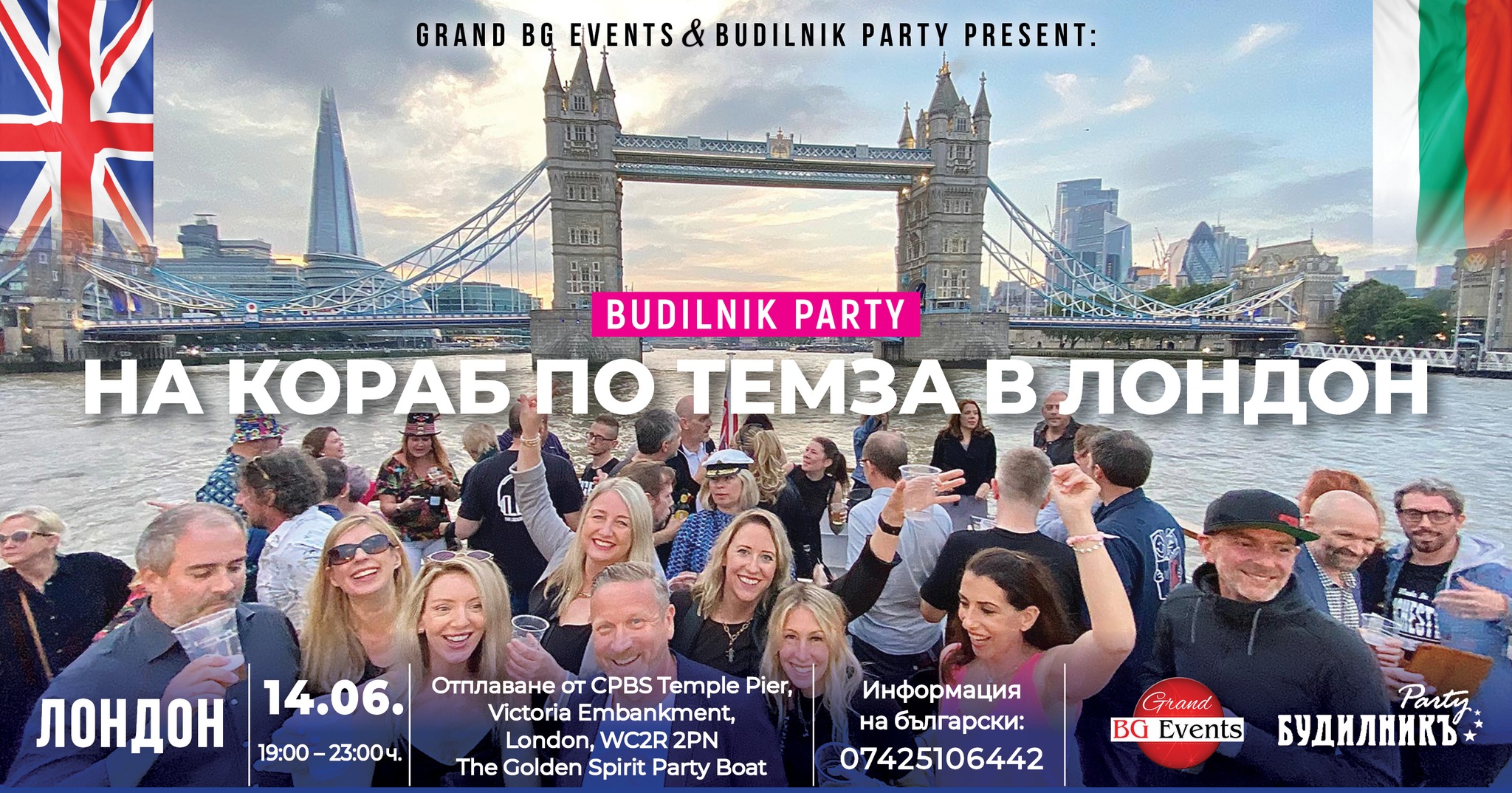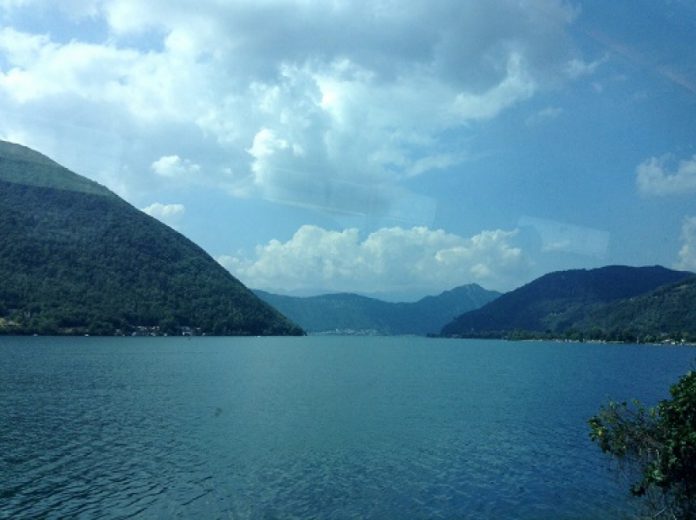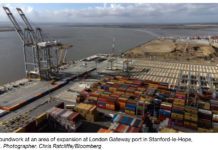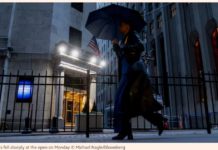By Rumy Vakarelska Exclusive feature from Locarno – part 1
A three part take on what we could learn about ourselves in Switzerland, which I concluded resembles more Bulgaria than the UK, regardless of what the anti-European Conservative backbenchers say about the Swiss model the UK could pursue outside the EU
For now, the UK is in the EU. However, one should be aware of the increasing number of reminders in the UK press that the British Premier David Cameron will not stay in his role to conclude his term by 2020. At the moment it is difficult to say if this is because he is under pressure to give way to one of his close allies, such as his Chancellor George Osborne or the London Mayor Boris Johnson, if the need for this occurs, or if he is concerned about the outcome of next year’s UK’s referendum on EU membership. Cameron has also allowed this week a bigger number of unelected Lords in the UK Parliament, which makes the UK less like any European country, including Switzerland.
The EU’s opponents often praise Switzerland and say that the UK can adopt the Swiss model. The truth is that the UK cannot become like Switzerland or vice versa for economic, military, political and cultural reasons. The UK will never become a politically and military neutral country and it is highly unlikely that it will ever consider leaving NATO, being one of the three countries in the Transatlantic Alliance to own nuclear warheads, together with the USA and France.
This matters, as Switzerland has become neutral after WW1 and has put an emphasis on its independence, economic prosperity, and regional and local government. This way of thinking and life is much closer to the EU’s regional policy legislation and opportunities, than creating the UK’s Northern Powerhouse top to bottom, with Manchester as capital. This city has already established itself as potentially the most competitive place in the country for innovation and creativity, but is a far cry from the Swiss model. Manchester has become a powerhouse for a few industries, with good education and creative industries, as a result of central government funds and opportunities directed to the city. This cannot be more different than Switzerland, with its model of self-governed and inter-linked small towns, which dot the country’s economic geography map and landscape, with the only exception being a few bigger cities. The Swiss model rooted in linking local communities and their potential.
Contrary to the UK’s regional structure, both Bulgaria and Switzerland are smaller, have a similar landscape, territories of around 100, 000 sq km each and almost the same population size. Culturally, in each of its cantons, where German, French and Italian are spoken, the Swiss dialects of three of the most important languages make one understand that this is a different country. Its national holiday on August 1 celebrates its unity, diversity and independence, with the last felt in the way the Swiss behave: friendly, open, open-minded, self-sufficient, non-intrusive, slightly withdrawn and straight forward. The work ethic is high, so is the respect in everyday life, making them as the most important attributes of Swiss life other societies could take away. End of part one.






















